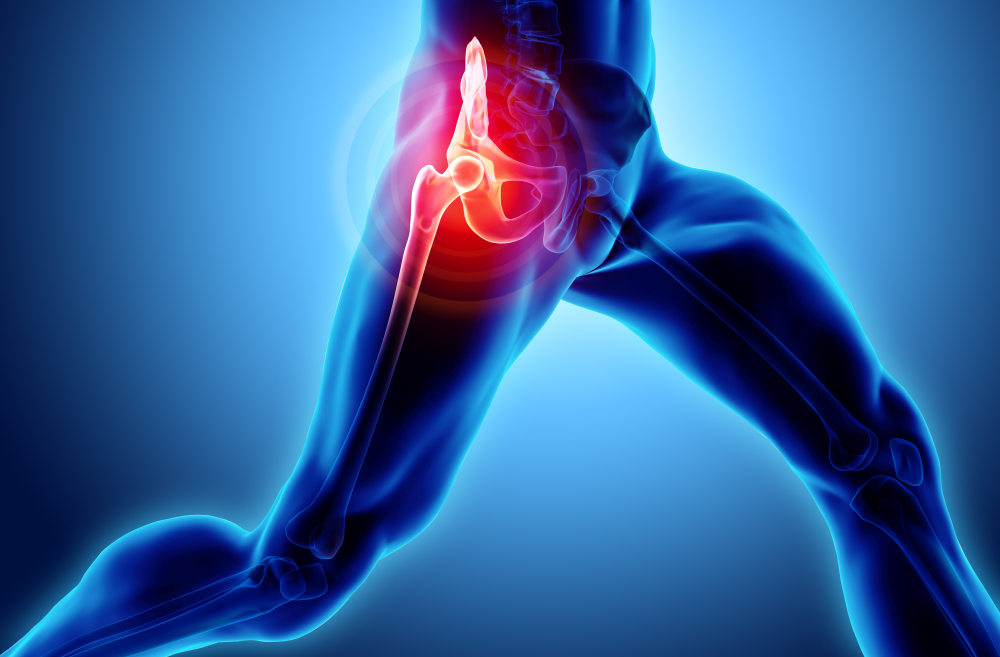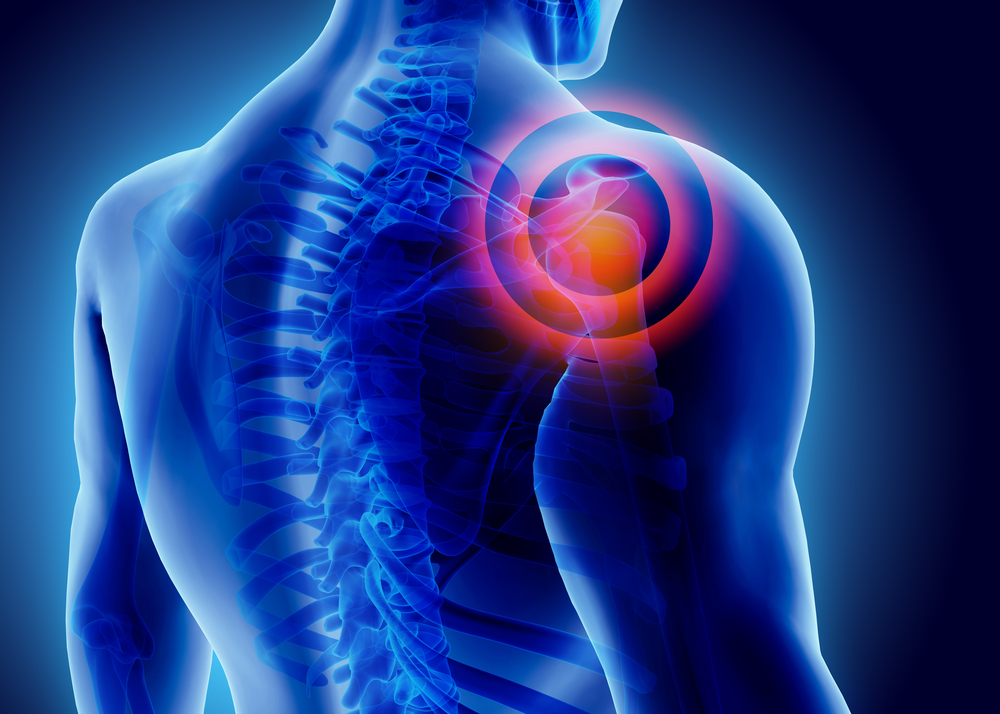In innate immune responses, activation of Toll-like receptors (TLRs) triggers direct antimicrobial activity against intracellular bacteria, which in murine, but not human, monocytes and macrophages is mediated principally by nitric oxide. We report here that TLR activation of human macrophages up-regulated expression of the vitamin D receptor and the vitamin D-1–hydroxylase genes, leading to induction of the antimicrobial peptide cathelicidin and killing of intracellular Mycobacterium tuberculosis. We also observed that sera from African-American individuals, known to have increased susceptibility to tuberculosis, had low 25-hydroxyvitamin D and were inefficient in supporting cathelicidin messenger RNA induction. These data support a link between TLRs and vitamin D–mediated innate immunity and suggest that differences in ability of human populations to produce vitamin D may contribute to susceptibility to microbial infection.


